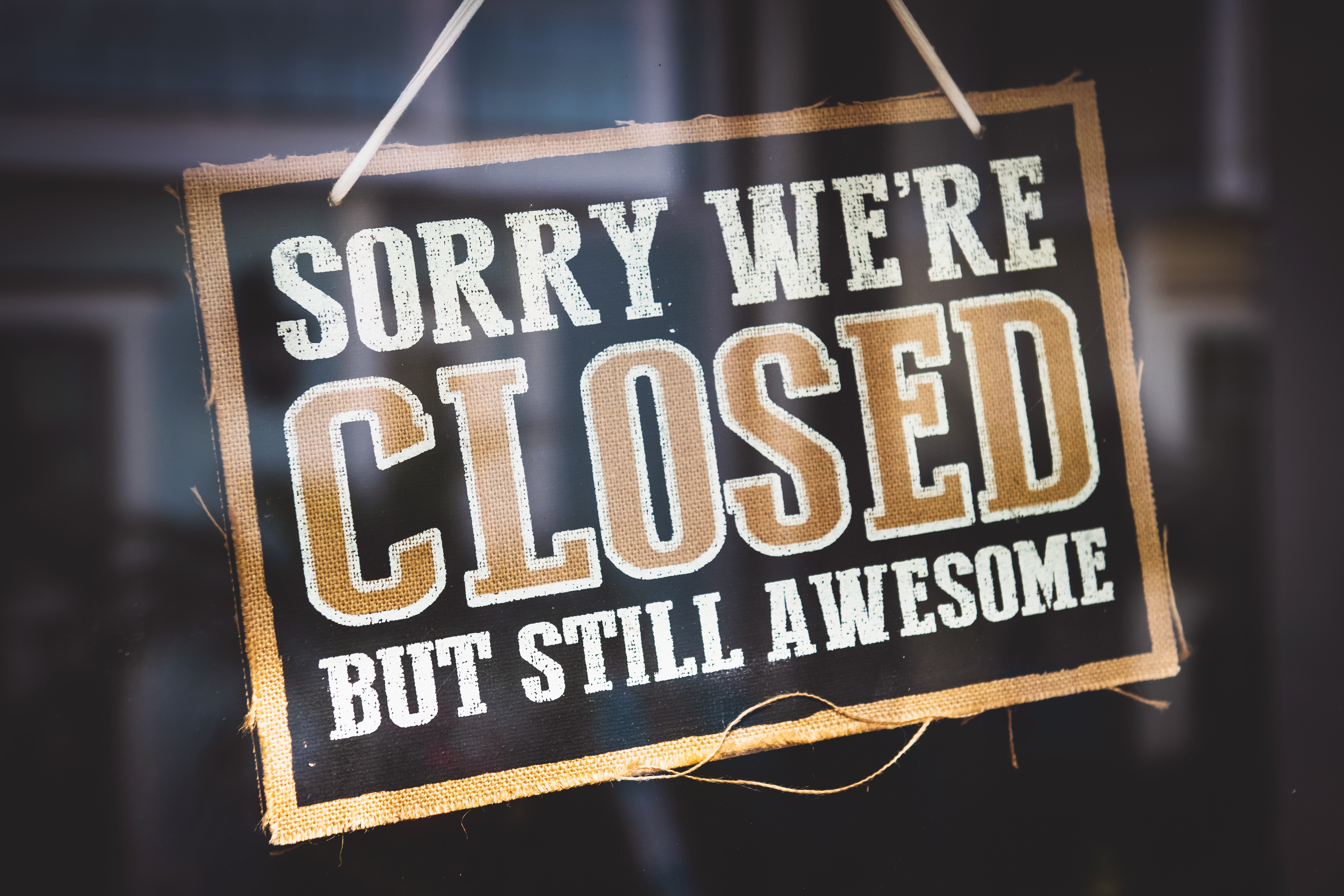Information on Cookies
To make the best use of our website, you'll need to make sure your web browser is set to accept cookies to ensure you receive the best experience.
For further information, please read our Cookies Policy.

Log In
Stockton-on-Tees Borough Council was entitled to revoke the licence of a pub that stayed open in breach of pandemic-era regulations, the High Court has ruled.
In The Porky Pint Ltd v Stockton On Tees Borough Council, three questions were put to the High Court:
- was he right to consider matters of public health when considering the four licensing objectives at section 4(2) Licensing Act 2003;
- was he right to take into account behaviour which did not result in a criminal prosecution for the purposes of determining an appeal against revocation of a premises licence;
- was he right to conclude that the pub's director and designated premises supervisor, Paul Henderson, had no lawful right to withhold CCTV footage on request by the council?
Fordham J dismissed the appeal stating: "I answer the Questions in the Stated Case (§11 above) as follows: [a] yes; [b] yes; and [c] yes."
Mr Justice Fordham said the Porky Pint must pay the council’s costs of almost £11,000 from two hearings.
Fordham J said licensing objectives were not restricted to ‘alcohol-related' matters and were “plainly capable of overlapping” he said that even though ‘public health’ was not a licensing objective its overlap with ‘public safety’ was apparent.
“Put another way, the fact that ‘public health’ is not present as a licensing objective does not 'strip out' anything which could be said to be ‘public health' from what properly falls within ‘public safety’”, Fordham J said.
He found no error in DJ Hood’s reasoning relating to ‘public health’, as given the term’s ordinary meaning, “there was nothing incorrect – still less unreasonable or unjustified – in the judge concluding, as the committee had before him, that this licensing objective was engaged and relevant”.

